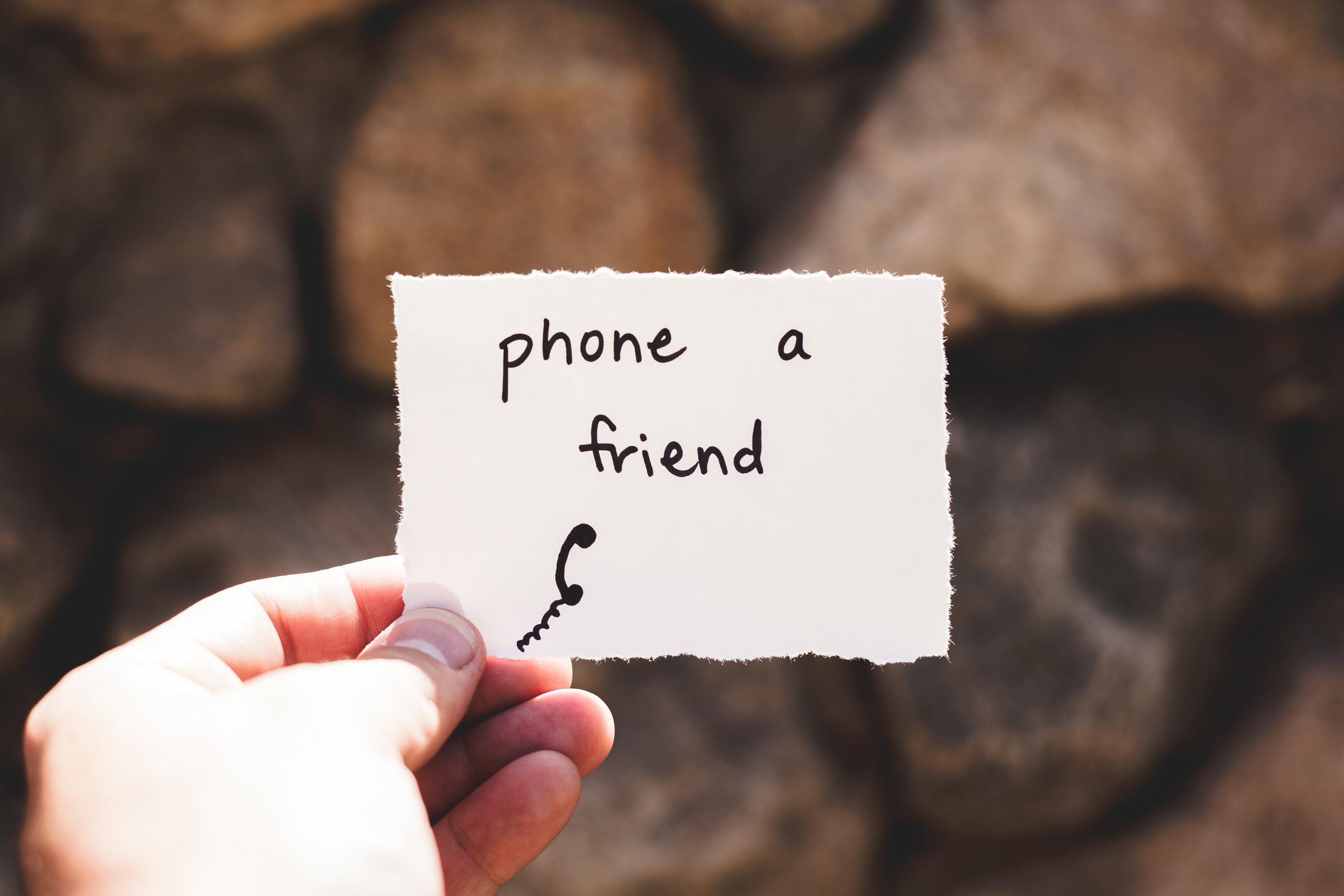Opinion Article

A Stigma We Can't Let Stick: Mental Health
Remember the stress you felt the night before taking a big test?
Imagine that 1000 times worse in everyday situations such as talking to somebody or getting into a car. That’s what life is like for a person struggling with an anxiety disorder. For some, their anxiety is so overwhelming that they struggle to get out of bed in the morning, or they’re reduced to tears at the thought of being among others. These people are not aliens.
They are people we know. The friend you hang with at lunchtime, the boy who wins all the sports competitions, the girl who’s always late to Tutor Group. We need to wake up. Our friends are struggling right under our noses and we’re not doing a thing. Are we really going to allow the anxiety pandemic to ruin the lives of those who matter to us?
As friends, as classmates, as siblings, we have a responsibility to look out for our own. Right now, we are neglecting that responsibility. We are neglecting those who matter to us. Currently, the situation is dire. One in seven young people will struggle with some kind of mental illness before they turn 17. There are 120 kids in Year 9 and 1 400 in the school. Statistically that is approximately 200 students at All Saints’ alone who will suffer.
Someone who matters to you might have been battling anxiety for years and you wouldn’t know. THEY might not know. And therein lies the problem.
For the most part anxiety disorders are chronic. They can be treated, but not cured. What does that mean for the future?
Well, that depends on whether we act. If we do something, we CAN turn this around. But there’s a very clear correlation between anxiety disorders and suicidal thoughts. We see it in the world around us. Maybe you even see it in someone close to you. A survey by the National Health Institute found that 70% of individuals reporting a history of suicide attempts also had an anxiety disorder.
As a kid with anxiety, that number terrifies me. If we give up, then somebody who is suffering might also give up. On a societal level, as the rate of anxiety disorders increases, the number of mentally healthy, fully-functioning workers in our society decreases, thus decreasing the productivity of our world and our ability to make new discoveries.
We can make a difference at both an individual and a public level. Individually we need to learn to aim for personal growth over perfection. This means not comparing ourselves to others and breaking down major goals into a series of smaller, more attainable goals. Setting impossibly high expectations for ourselves can lead to feelings of anxiety and failure. How do we combat these feelings?
The answer lies in a balanced lifestyle of healthy eating, regular exercise and social engagement. Don’t be afraid to reach out and ask for support when you need it. Implementing these suggestions will not only lower your own risks of developing an anxiety disorder, but will also influence others to do the same.
This leads me to the public method through which we can make a difference: starting a conversation.
Start a conversation with your friends, your family, your neighbours. Ask them how they’re doing. And if you are asked how you’re doing, be honest. Lead by example. Show people that it’s okay to not be okay. Treatments for mental health disorders do exist. Psychologists can use a method called cognitive behavioural therapy to help people with depression or anxiety, but many people won’t seek help due to the stigma surrounding mental health.
As more people publicly discuss mental health issues, we’ll slowly normalise an issue that’s such a large yet, oddly, taboo part of our society and, in turn, make it easier for people to get the help they need.
Anxiety. It’s a widespread, discrete illness with debilitating effects on sufferers, negatively influencing ALL areas of our lives - from the individual, to the family, to the community. You’ve got the facts, you know the effects, now I’m asking you to go out and start a conversation. We all know it’s long overdue.
If you really care about humanity’s stigma-free future, about making a difference, about improving the world we live in… start acting like it.
Mia Lowe (Year 9)
